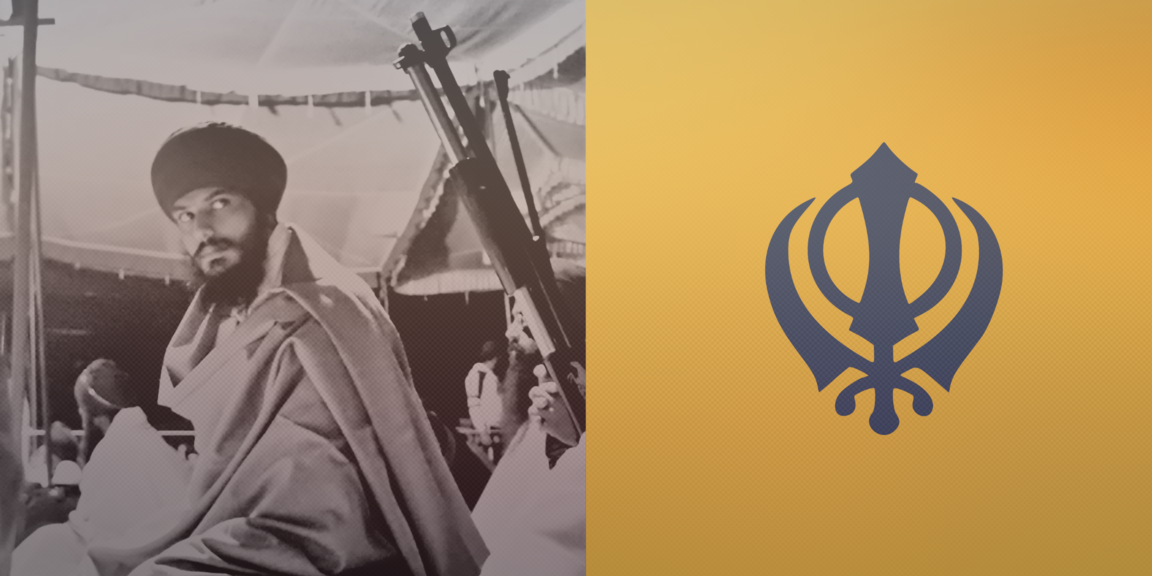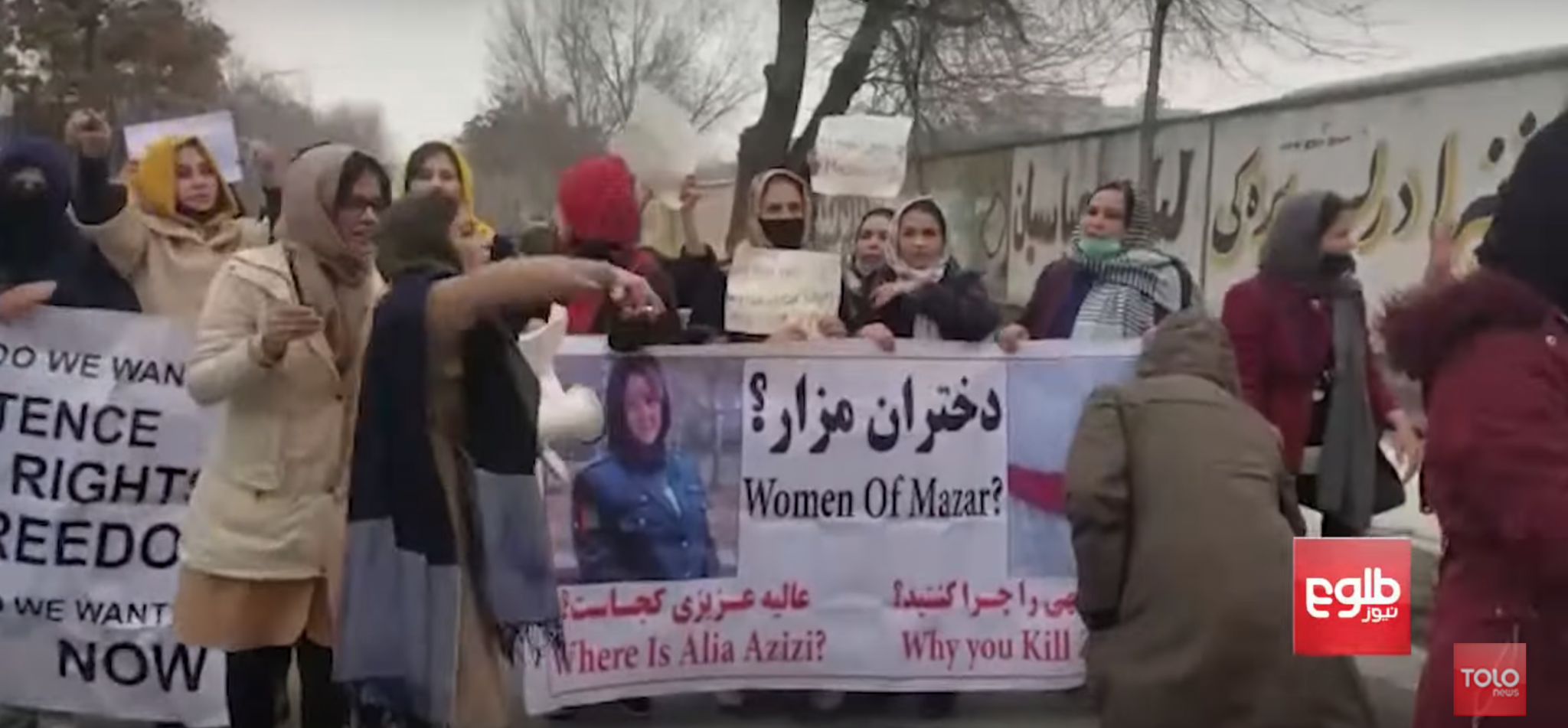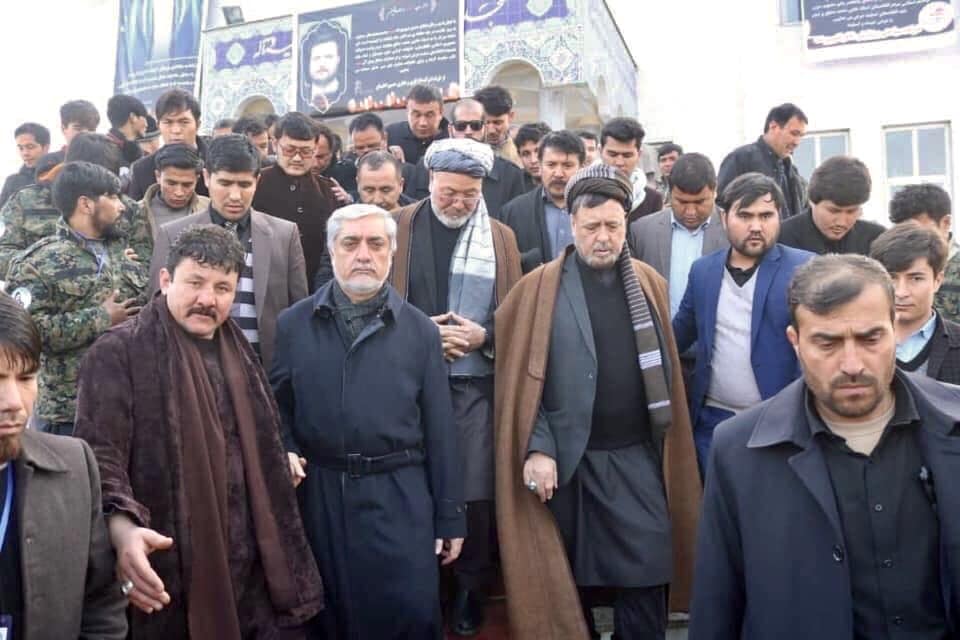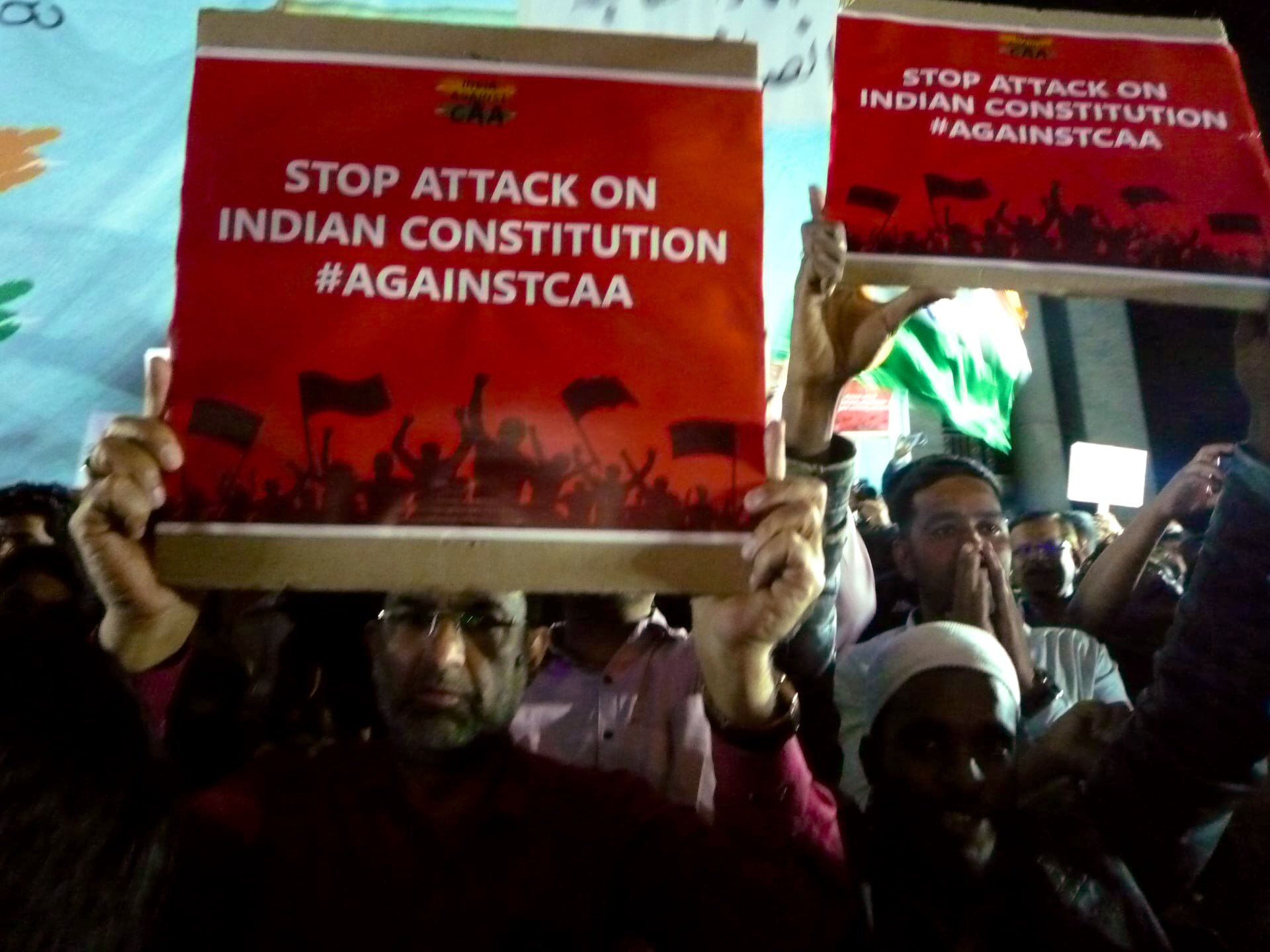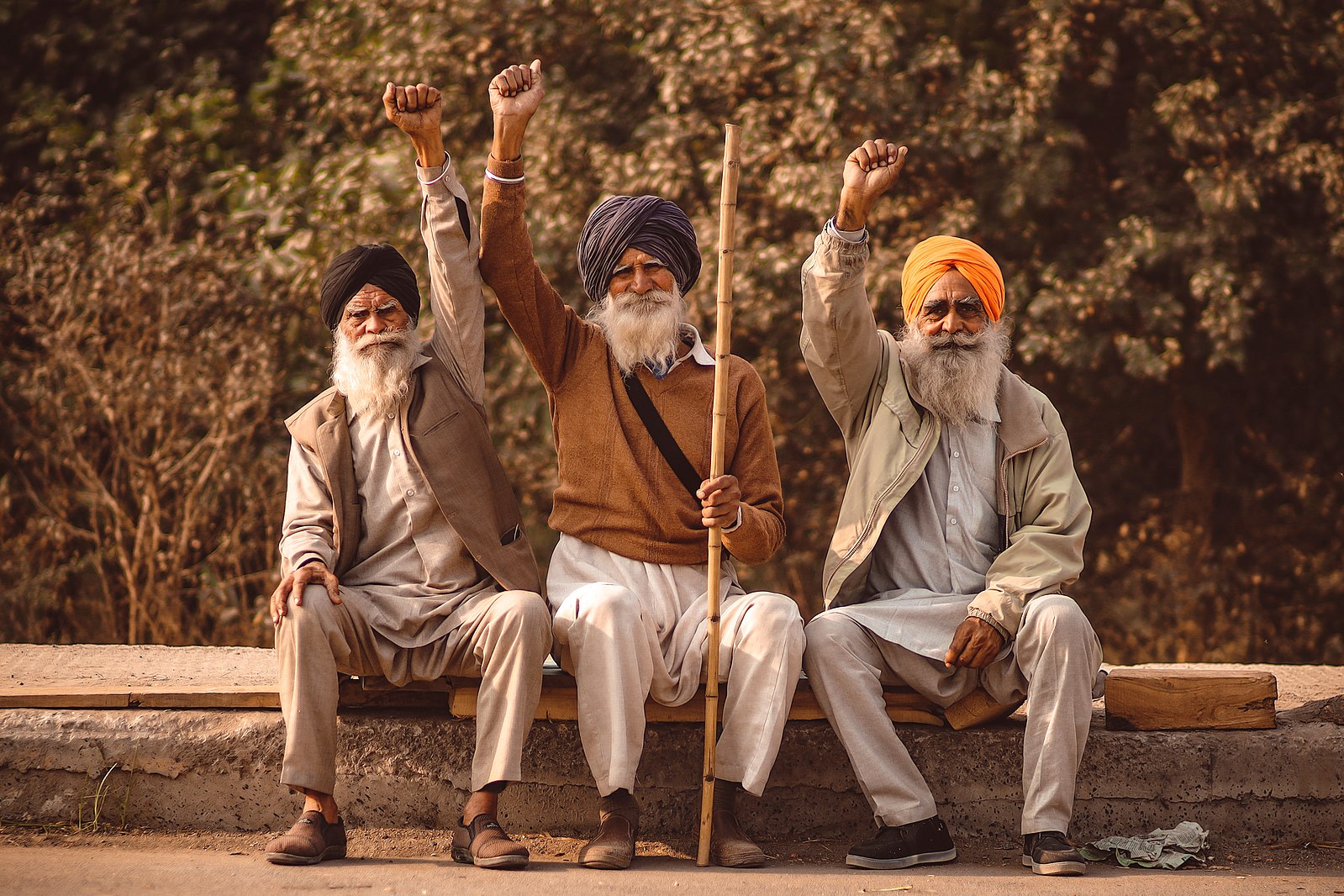
Farmers’ march on Delhi met with repression
Amnesty International released a statement decrying the Indian government’s disproportionate restrictions on the right to peaceful protest instated to quell the “Dilli Chalo” (on to Delhi) farmers protest. In response to farmers’ cross-country mobilization to protest agricultural policies, Indian authorities imposed limitations on group gatherings, erected barricades along the route of the march, and used tear-gas and rubber bullets against the farmers. (Photo: Ravan Khosa via Wikimedia Commons)



